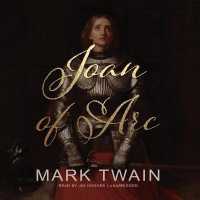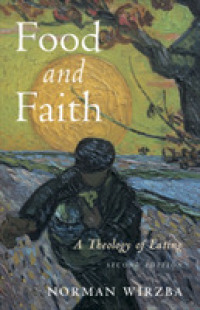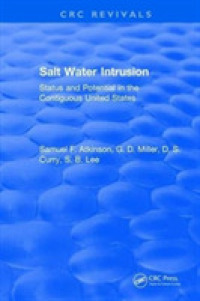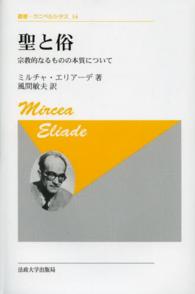- ホーム
- > 洋書
- > 英文書
- > History / World
Full Description
In the decades leading to the Civil War, popular conceptions of African American men shifted dramatically. The savage slave featured in 1830s' novels and stories gave way by the 1850s to the less-threatening humble black martyr. This radical reshaping of black masculinity in American culture occurred at the same time that the reading and writing of popular narratives were emerging as largely feminine enterprises. In a society where women wielded little official power, white female authors exalted white femininity, using narrative forms such as autobiographies, novels, short stories, visual images, and plays, by stressing differences that made white women appear superior to male slaves. This book argues that white women, as creators and consumers of popular culture media, played a pivotal role in the demasculinization of black men during the antebellum period, and consequently had a vital impact on the political landscape of antebellum and Civil War-era America through their powerful influence on popular culture.
Contents
Introduction; 1. 'The old child and the young one': the infantilization of male slaves in 1820s' juvenile literature; 2. 'More terrible than the uncaged hyena': the savage slave in 1830s' fiction; 3. 'How a slave was made a man': manly self-defense in 1840s' slave narratives; 4. 'Patient sufferer, gentle martyr': the self-sacrifical Uncle Tom; 5. Impotent rebels, heroes, and martyrs: anti-Uncle Tom novels of the 1850s; 6. 'An intrepid, dauntless heroine': the displacement of black men in 1850s' octoroon novels; 7. 'We have struck for our freedom': the black revolutionary in 1850s' radical abolitionist fiction; 8. 'Victory!': The soldier-martyr in Civil War fiction; Epilogue.








